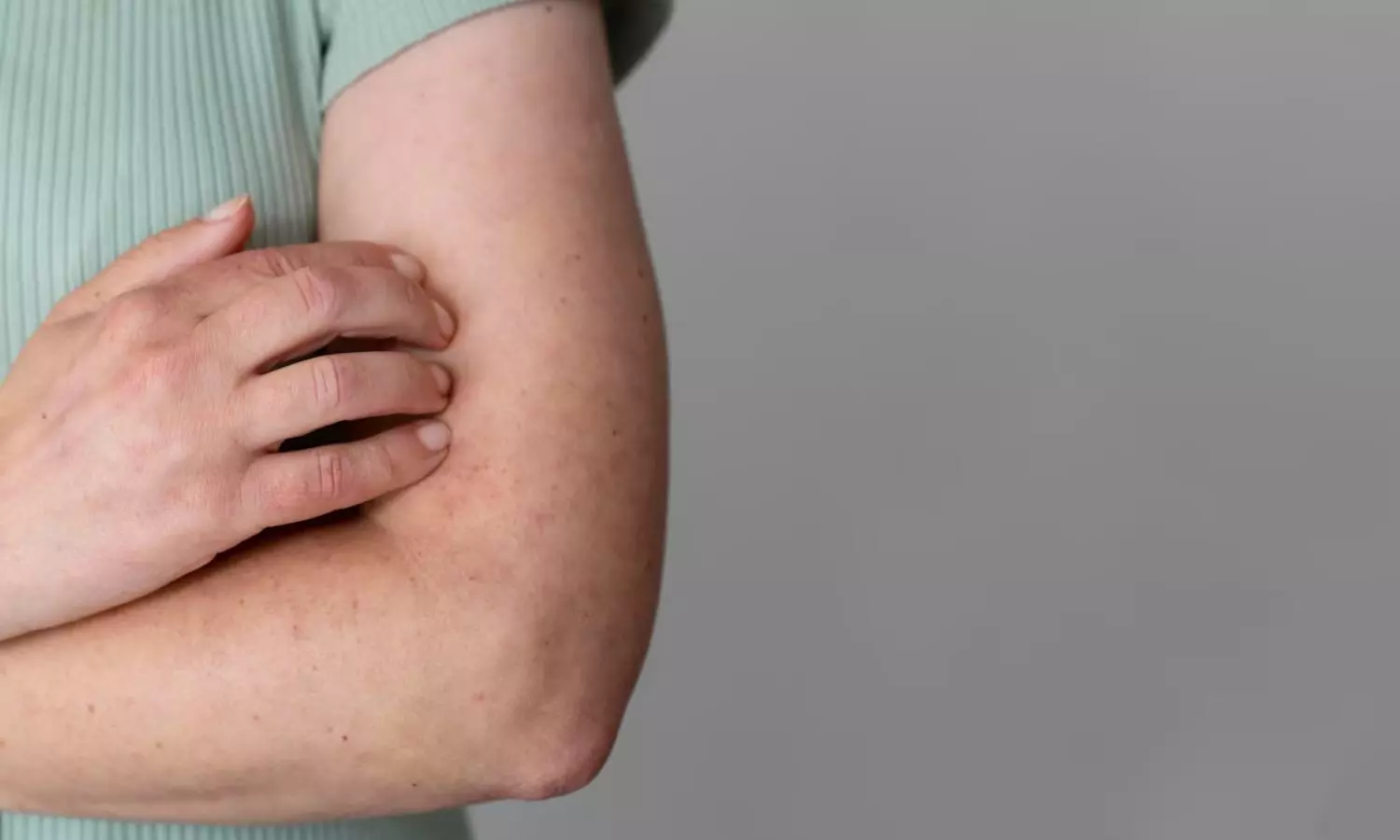WHO Approves First Mpox Diagnostic Test Under Emergency Use Listing
Notably, only 37% of suspected cases in the Democratic Republic of the Congo have been tested this year.
In an official statement, WHO announced the emergency use approval for the Alinity m MPXV assay, produced by Abbott Molecular Inc.

In a significant step in improving global access to mpox testing, the World Health Organization (WHO) has approved the first mpox in vitro diagnostic (IVD) test under its Emergency Use Listing (EUL) procedure,
In an official statement, WHO announced the emergency use approval for the Alinity m MPXV assay, produced by Abbott Molecular Inc.
This test is very important for countries facing mpox outbreaks because it helps increase the ability to diagnose the virus quickly and accurately, which is needed now more than ever.
What is the Emergency Use Listing (EUL) Procedure?
The Alinity m MPXV assay is a real-time PCR test designed to detect monkeypox virus (clade I/II) DNA from human skin lesion swabs.
It must be used by trained clinical laboratory personnel skilled in PCR techniques and IVD procedures.
WHO stated, “By detecting DNA from pustular or vesicular rash samples, laboratory and health workers can efficiently confirm suspected mpox cases.”
The EUL process speeds up the availability of life-saving medical products, including vaccines, tests, and treatments, during a Public Health Emergency of International Concern (PHEIC).
Earlier, on August 28, 2024, WHO encouraged mpox IVD manufacturers to submit expressions of interest for EUL, amid the urgent need to strengthen global testing capacities as the virus continued to spread.
The EUL process checks the quality, safety, and effectiveness of important health products. It helps procurement agencies and WHO Member States make informed choices for emergency purchases.
Dr. Yukiko Nakatani, WHO Assistant Director-General for Access to Medicines and Health Products, noted the first mpox diagnostic test listed under the EUL procedure represents a significant milestone in expanding testing availability in affected countries.
He further stated that increasing access to quality-assured medical products is key to helping countries control the virus and protect their populations, particulalry in in underserved areas.
Early diagnosis of mpox enables timely treatment and care, which is vital for controlling the virus, according to WHO.
Even with this progress, many countries in Africa still face challenges with testing and confirming mpox cases, which helps the virus spread. In 2024, over 30,000 suspected cases have been reported, especially in the Democratic Republic of the Congo, Burundi, and Nigeria.
Notably, only 37% of suspected cases in the Democratic Republic of the Congo have been tested this year.
At present, WHO has received three more requests for EUL evaluation and is talking with other mpox test makers to offer more reliable testing options.
This initiative aims to help countries that have not yet approved these medical products obtain essential tests through UN agencies and other procurement partners.
The EUL for the Alinity m MPXV assay will remain valid as long as the PHEIC, which justifies the emergency use of mpox IVDs, is in effect, stated WHO.

